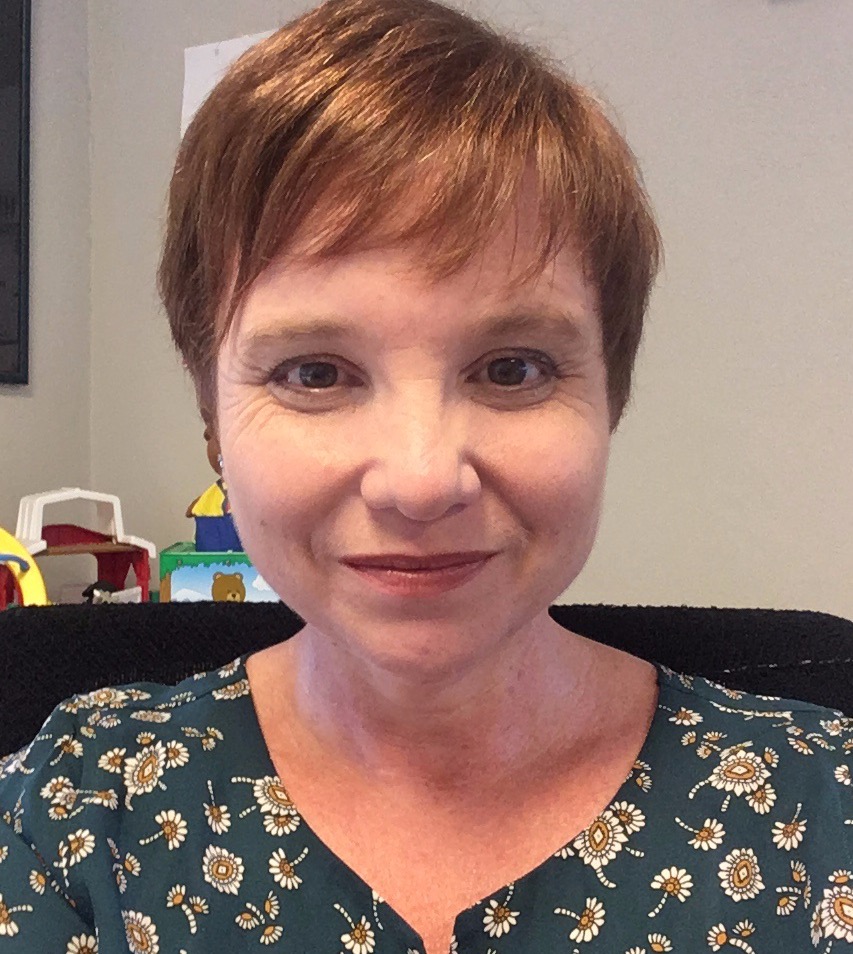Research spotlight
Members of the Children’s Rights, Participation and Perspectives research stream come from a wide range of disciplinary and professional backgrounds. This section will be regularly updated with short interviews with our members exploring how they came to undertake research in the area of children’s rights and what they hope to achieve through their work.
Feature profile
Sheila Degotardi
Macquarie School of Education, Faculty of Arts

Sheila Degotardi is a Professor of Early Childhood Education in the Macquarie School of Education, and specialises in infant-toddler curriculum, pedagogy and learning. Sheila joined Macquarie University in 2005. Having worked initially as an early childhood teacher in a range of prior-to-school settings, she completed her PhD in 2005 at Macquarie University. She brings to her career an extensive understanding of early learning, and of the early childhood education and care sector.
Her current research focuses on how features of the language environment in early childhood education and care centres contributes towards infants’ language development and their learning more broadly.
Q&A:
How do you think your own childhood experience has influenced your research, teaching or another aspect of your work today?
My mother was an early childhood teacher, so play, curiosity and creativity in all its forms was encouraged in our household. I was allowed to delve deeply into anything that I was interested in, and this both influences how I teach today, as well as how I approach my research. There are wonderful things to be learnt with persistence and curiosity!
What led you to become an academic?
Maybe it was my curious disposition! Like many other educational researchers, I ‘fell into’ academia when I got hooked on the research process during my Masters level study. I saw research as a way to understand early childhood teaching more deeply, and for that reason, have always maintained a strong connection to my profession.
What do you see as the most important skills/qualities needed when undertaking research with children and young people?
Definitely respect. No matter the age of the children that you are working with, it is vital you respect, and strive to understand, their perspectives. In this way, not only are you more likely to understand their lives more clearly, but your work will be meaningful to them and thus, translatable to the population you are trying to support.
How do you see your research affecting children’s lives or how we think about children and young people?
Very young children and their educators are often invisible or under-estimated in today’s society. In my work, I endeavour to raise their visibility and profile in order to demonstrate the capabilities of very young children, and the complexities of the work of their early childhood educators. In this way, I hope to be an advocate for the rights of infants, toddlers and their educators, with the ultimate aim of strengthening an early education system that has the potential to provide a solid foundation for our youngest citizens.
